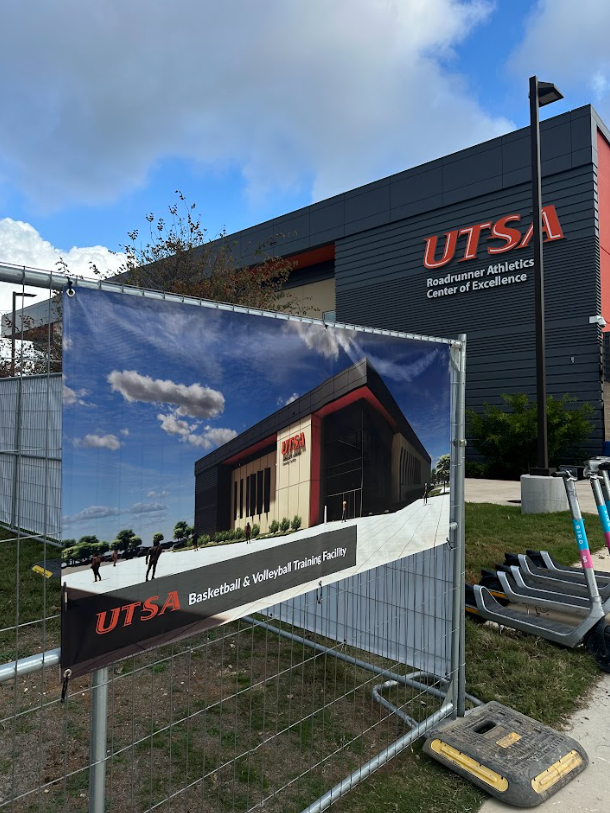Should there be a fast track to citizenship for undocumented immigrants that are alreadyliving in the United States? That will be the question on the minds of many lawmakers and politicians over the next few months. The complicated issues of immigration reform and border security have long been a hot topic for debate. However, there seems to be a bipartisan effort in Washington to make changes inthe system, according to the New York Times.
A recent Gallup poll suggested the majority of Americans feel that dealing with the estimated 11 million undocumented immigrants in the U.S. does not have tobe a matter of extremes. According to President Obama, this issue can be resolved without mass amnesty or mass deportations. In his State of the Unionaddress, the president proposed that undocumented immigrants already living inthe U.S. should be granted an expedited route to citizenship.
Despite minor disagreements between lawmakers regarding which path to take on thisissue, there is steady movement in Congress to pass immigration legislation. In a Senate meeting held on Wednesday, Feb. 13, Republicans in the JudiciaryCommittee remained adamant that the reforms should be delayed until bordersecurity is tightened. However, in an ABC News report, Homeland Security SecretaryJanet Napolitano claimed that the U.S. border has “never been stronger.”
Richard Jones, a UTSA political science and geography professor, said, “My researchsuggests that, with economic conditions improving in Mexico and with themilitarized border increasingly difficult and deadly, the days of Mexicanmigration to the U.S. may be numbered. Already, net flows have declined to atrickle.”
Areport released by the Pew Hispanic Center suggested that, after four decadesof surging growth, the amount of immigrants from Mexico settling in the U.Smight even be declining.
Despite these trends, the demand for foreigners who can fill high-tech jobs will likelycontinue rising at a rapid pace. Jones believes that “an improved, streamlined,open, humane and liberal guest worker program” needs to be included withcomprehensive immigration reform. He added that an upgraded guest workerprogram would also make it easier for employers to secure workers and wouldallow participants to stay in the U.S. for longer periods of time.
A Politico report stated that the bill would most likely have to include both apath to citizenship and increased border security. President Obama touched onthe issue in his State of the Union address by restating his commitment tocarry out comprehensive immigration reform and making it clear to Congress thathe expects a bill within the next few months.
In Texas, the reality of immigration is ever-present. Jones noted, “The UTSAforeign-born student body is growing,” as evident by the increasing number ofstudent organizations forming on campus. “The proportion of internationalstudents, however, remains low and less than local private universities,especially the University of the Incarnate Word and other border institutionssuch as UTEP.”
Despite its diverse student population, UTSA is not as affected by the Texas in-statetuition law, which established tuition equity for undocumented immigrants. At UTSA, “student visas are prerequisites for admission and for student grants. For other students, documentation of residency is required,” Jones said.
While the aggregate number of undocumented immigrants receiving in-state tuitionrates in Texas is on the rise, UTSA remains fairly strict when dealing withapplicants, Jones said.






